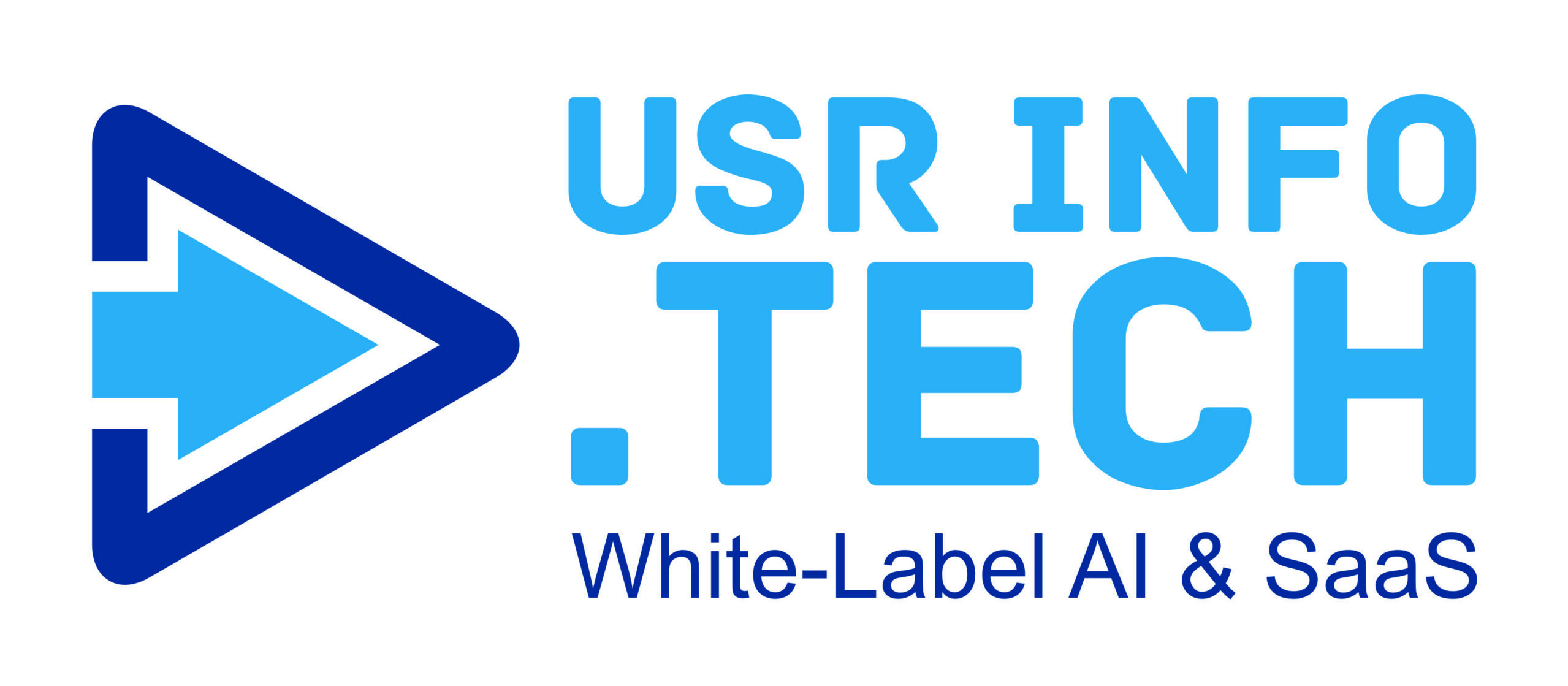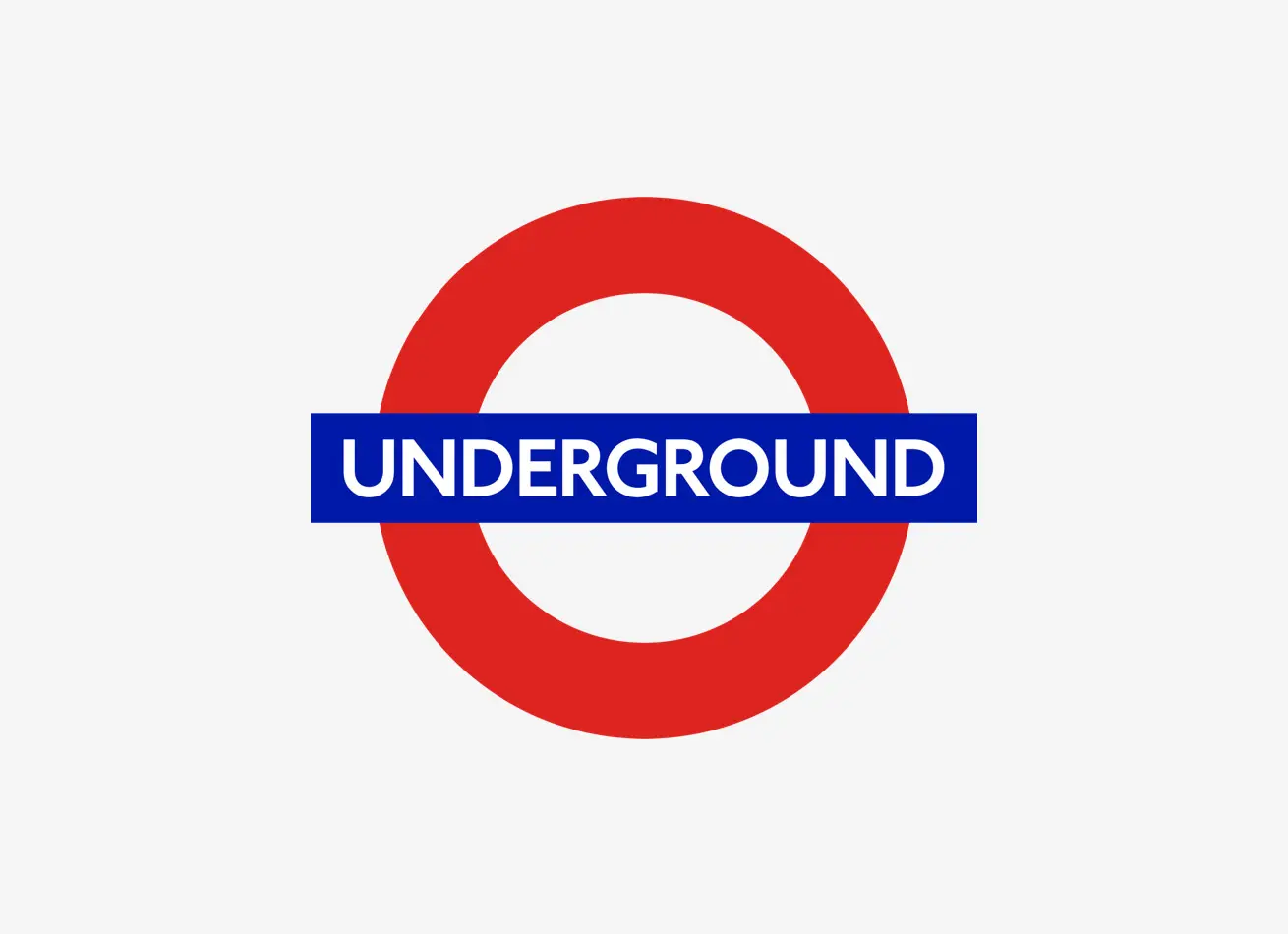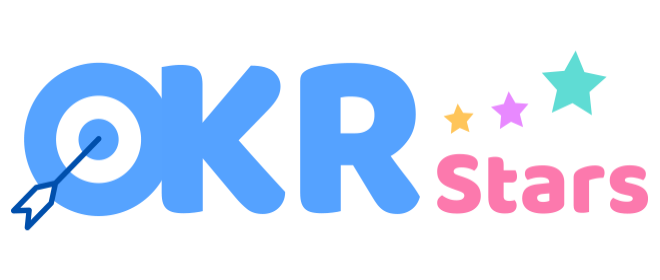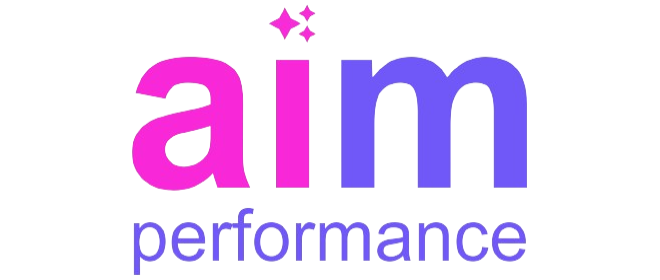Performance management plays a crucial role in every organization. One of its primary functions is to set clear expectations for all employees, regardless of whether they belong to the white-collar, grey-collar, or blue-collar workforce. This clarity ensures that employees know what is expected of them and can perform their duties effectively.
Understanding the Importance of Clear Expectations
When expectations are not clearly communicated, confusion, frustration, and inefficiency often follow. Employees may feel lost, unsure of their roles, and hesitant in their decision-making processes. By setting clear expectations through performance management, organizations create an environment where everyone understands their responsibilities. This clarity not only boosts individual performance but also enhances overall productivity.
For the white-collar workforce, clear expectations often involve specific objectives, deadlines, and quality standards. Grey-collar and blue-collar workforces, on the other hand, may require clarity in terms of safety protocols, operational procedures, and performance targets. Tailoring expectations to each group’s needs is crucial for ensuring success across the board.
Performance Management: A Tool for Alignment
One of the greatest strengths of performance management is its ability to align employee goals with organizational objectives. By setting clear expectations, companies can ensure that their workforce, regardless of their collar type, is moving in the same direction.
White-collar employees, often engaged in strategic tasks, need clear performance indicators tied to company goals. Performance management systems help in mapping these indicators to daily tasks, creating a roadmap for success. For grey-collar and blue-collar workforces, aligning expectations with operational efficiency, safety standards, and productivity goals is equally vital. Performance management tools facilitate this alignment by providing consistent feedback and clear metrics.
The Role of Communication in Setting Expectations
Effective communication is at the heart of setting clear expectations through performance management. Without open communication, establishing clear expectations can become challenging. Performance management systems offer the tools and processes necessary for continuous communication between managers and employees.
For white-collar workforce, regular meetings, reports, and digital tools enable managers to articulate their expectations. Grey-collar and blue-collar workforces may benefit from more hands-on communication methods, such as on-site meetings and visual aids. Regardless of the communication method, ensuring that the message is clear and understood is key to setting expectations that drive performance.
Accountability Through Performance Management
Setting expectations is only the first step; holding employees accountable to those expectations is where performance management truly shines. Accountability ensures that employees understand their role in meeting company objectives and are responsible for their performance.
For white-collar workforce, accountability may involve regular performance reviews, project milestones, and key performance indicators (KPIs). In contrast, grey-collar and blue-collar workforces may have clear expectations accountable through production quotas, adherence to safety standards, and task completion metrics. By consistently monitoring performance and providing feedback, organizations can create a culture of accountability across all workforce segments.
Setting Expectations for Development and Growth
Performance management is not just about current performance; it also plays a critical role in setting expectations for future growth and development. This forward-looking approach helps employees understand what is required of them to progress in their careers.
For white-collar workforce, this might mean setting expectations around skills development, leadership roles, or project management expertise. Grey-collar and blue-collar employees Grey-collar and blue-collar employees also need clear expectations regarding technical skills, certifications, or leadership opportunities. By clearly defining these development paths through performance management, organizations can foster a culture of continuous improvement.
The Role of Technology in Performance Management
Technology has revolutionized the way organizations set and manage performance expectations. With the advent of advanced performance management systems, companies can streamline the process of setting clear expectations for all employees, regardless of their collar type.
White-collar workforce benefit from digital tools that provide real-time feedback, goal-setting platforms, and performance tracking. Grey-collar and blue-collar workforces, meanwhile, can leverage technology to monitor their performance, track progress, and receive instant feedback on their work. These tools ensure that expectations are communicated clearly and that employees have the resources they need to meet those expectations.
The Impact of Clear Expectations on Employee Engagement
Setting clear expectations through performance management has a direct impact on employee engagement. When employees understand what is expected of them, they are more likely to be motivated, engaged, and committed to their work.
For white-collar workforce, clarity in expectations can lead to increased job satisfaction, as they can see how their work contributes to the broader organizational goals. Grey-collar and blue-collar workforces, who often rely on clear directives for operational tasks, are more engaged when they know what is expected of them and how their performance will be evaluated. Performance management systems that consistently reinforce these expectations can boost engagement across all workforce segments.
Customizing Expectations for Different Workforce Segments
Different workforce segments require tailored approaches to setting expectations. Performance management systems must account for the unique needs and challenges faced by white-collar, grey-collar, and blue-collar employees.
White-collar employees often have more flexibility in how they meet expectations, which requires a focus on outcomes rather than processes. Grey-collar and blue-collar workforces, however, may need more specific instructions and measurable performance metrics to ensure that expectations are met. Customizing performance management strategies for each segment ensures that expectations are not only clear but also achievable.
The Long-Term Benefits of Clear Expectations
The long-term benefits of setting clear expectations through performance management are numerous. Organizations that invest in clear, consistent performance management processes enjoy higher productivity, better employee retention, and a more engaged workforce.
For white-collar employees, clear expectations foster innovation, creativity, and strategic thinking, as they know what is expected and have the freedom to explore solutions. For grey-collar and blue-collar workforces, clear expectations lead to operational efficiency, safety compliance, and improved productivity. Over time, these benefits compound, leading to a more successful and sustainable organization.
Conclusion
In conclusion, performance management is a powerful tool that helps organizations set clear expectations for white-collar, grey-collar, and blue-collar workforces. By aligning goals, fostering communication, ensuring accountability, and leveraging technology, companies can create a work environment where everyone knows what is expected of them. This clarity leads to higher engagement, improved performance, and long-term success. Implementing a robust performance management system that caters to the unique needs of each workforce segment is key to achieving these outcomes.










